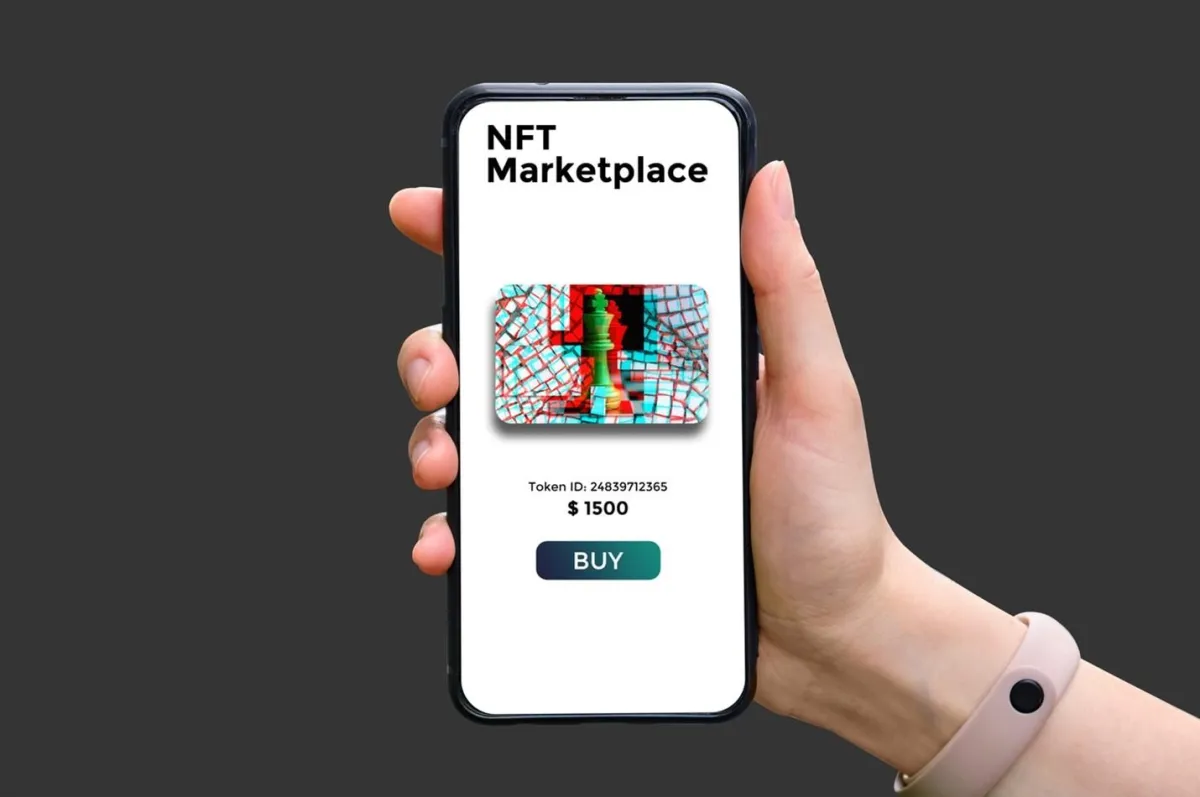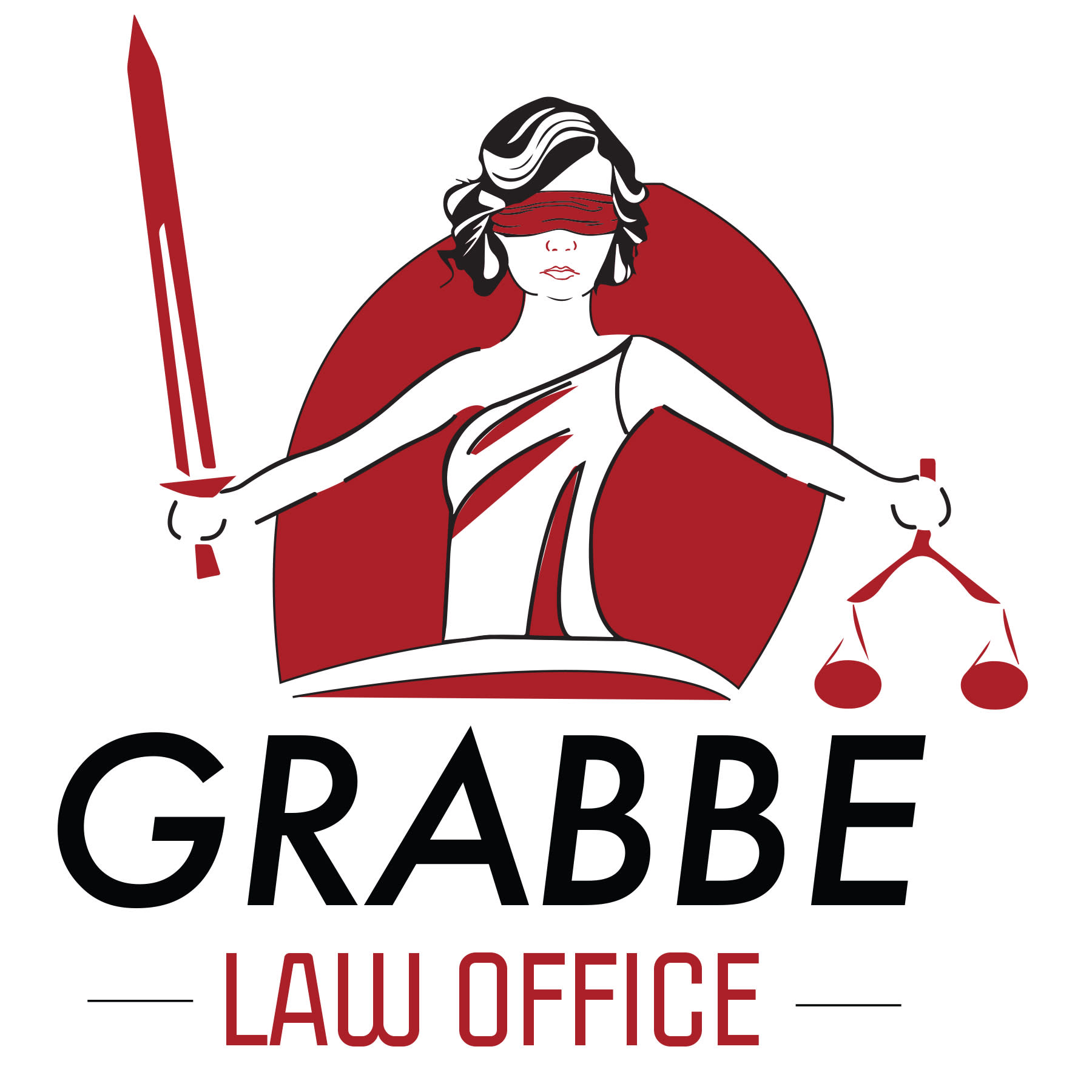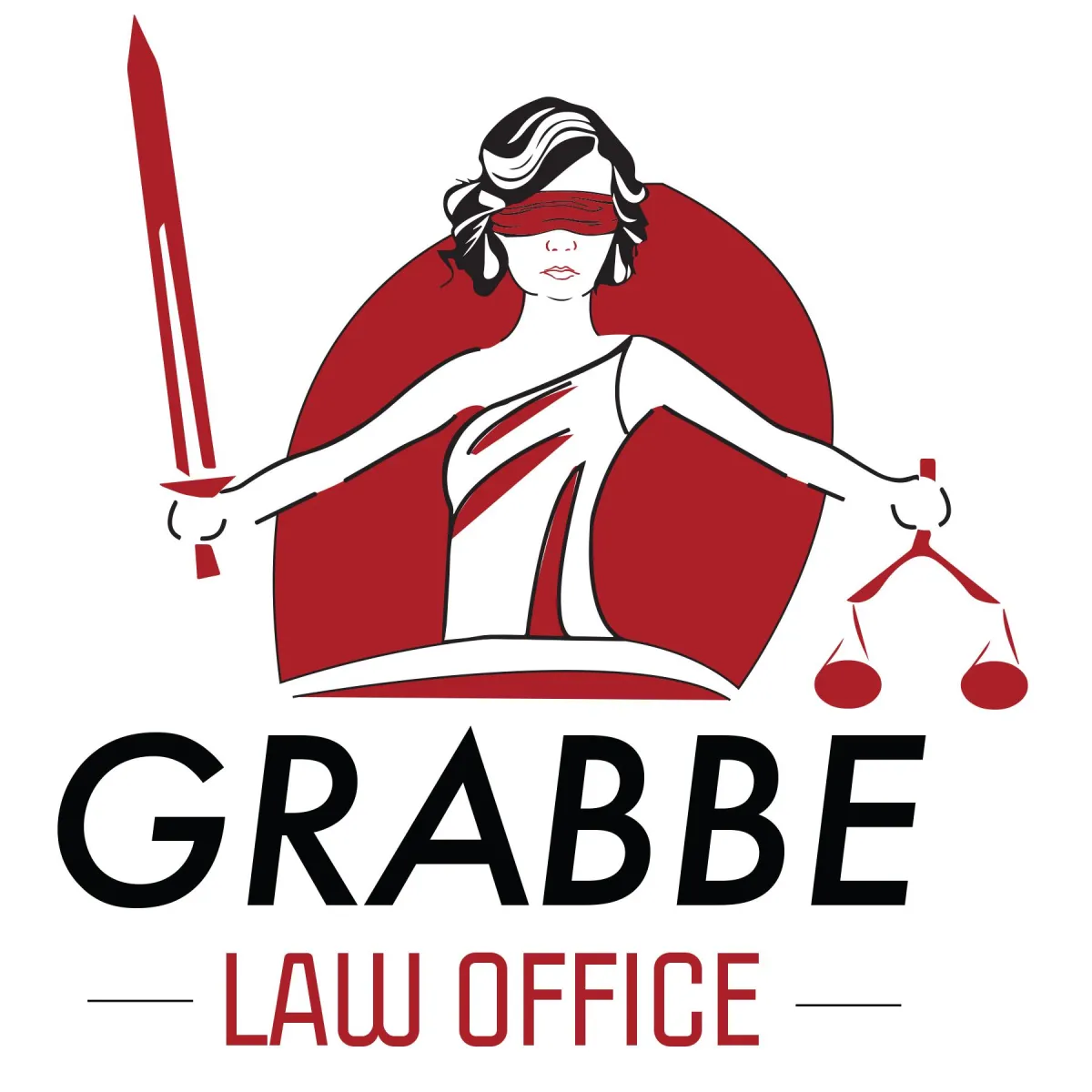Welcome to the Blog!

Understanding NFT Trademark Infringement
Understanding NFT Trademark Infringement
Non-fungible tokens, or NFTs, are blockchain-based tokens representing digital or physical assets. Each token is digitally unique, and after creation, nobody can alter them. The tokens have software code, or a smart contract, that links them to underlying assets and their associated intellectual property rights. Trademarking the tokens provides property ownership and ensures other parties cannot use the same or similar names for their tokens.
As worldwide collective interest in non-fungible tokens grows, many are rushing to file trademark applications to obtain rights and protections. Creating non-fungible tokens using a third-party property without permission may put you at risk for legal issues, including costly litigation for trademark infringement. For questions and to learn more about NFT trademark infringement, consider speaking with an intellectual property attorney from Grabbe Law Office. Schedule a free 15-minute consultation on our calendar today, or call (785) 621-4711 to schedule an appointment.
What Are Non-Fungible Tokens?
Non-fungible tokens are unique digital collectibles and assets derived from real-world items, such as art, music, gaming technology, videos, and more. The tokens exist on blockchain technology and are an increasingly popular way to buy or sell digital artwork and other digital assets. Blockchain technology is a decentralized distributed database that handles digital asset transaction records. According to a recent U.S. Government Accountability Office article, non-fungible token revenue could surpass $130 billion by 2030.
How Intellectual Property Is Relevant to NFTs
The recent popularity of non-fungible tokens comes from the new and exciting opportunities to collect artwork and other valuables as well as earn a significant profit with the tokens. However, the rise in demand has also increased the creation of unauthorized tokens, which presents new possibilities for the misuse of intellectual property rights, including trademark infringement.
As interest rapidly expands, many are considering whether they can and should trademark their tokens underlying assets. Non-fungible tokens often entail valuable intellectual property rights, including digital artwork and logos. Therefore, applying for trademark licensing is crucial. Trademark and copyright laws allow creators to protect their names, work, and ideas. These laws also give brand owners the right to dictate how others use or sell their work.
What Is a Trademark?
Trademark licensing protects against the unauthorized use of intellectual property, including names, phrases, words, designs, and symbols identifying a brand. Similarly, copyright provides legal protection and rights to original-authorship work, including music, art, and literary and dramatic works. Laws protect the originator’s work from the time the originator creates it; trademarking or copyrighting the property is entirely voluntary.
However, trademark laws safeguard creators’ legal ownership and protect them from infringement. NFT artists can trademark their property by applying for approval from the United States Patent and Trademark Office. Further, searching for trademark ownership rights before creating a token can help avoid costly litigation for infringement. According to the agency, the process for approval and registration is approximately 12-18 months.
NFTs and Intellectual Property: What Do You Actually Own?
Creating and selling tokens with a linked trademarked property may require getting permission from the brand trademark owner. In some cases, buying an NFT may also provide ownership to the attached digital assets and underlying intellectual property. However, the purchase could only grant the buyer a license to use the digital assets.
During a transaction, token creators, sellers, and buyers must clearly state the purchase terms and ownership using language specifically for NFTs. Further, each must read through the contract thoroughly during the transaction. A knowledgeable attorney from Grabbe Law Office can guide companies through this process and help protect them against NFT trademark infringement.
How Trademark Infringement Applies to NFTs
Trademarks are forms of intellectual property that entail recognizable designs or signs that distinguish the property from that of other similar brands. It may be on the product, packaging, or elsewhere. A business usually holds ownership of trademark licensing, but an individual or legal entity could also have legal rights and hold the license.
United States trademark laws protect most non-fungible tokens as creative works or derivative works based on pre-existing works. Similar to a limited-edition and collectible piece of artwork, a non-fungible token’s value comes from the inability to make an identical replacement token. The tokens’ value comes from each being unique and distinguishable. Therefore, counterfeit NFTs can significantly decrease the value of genuine tokens.
As token holders seek ways to increase profit from their digital property, token artists may define what others can do with their original artwork. The assets linked to non-fungible tokens can sell for millions, making trademark infringement a real problem and concern. Trademarking intellectual property related to non-fungible tokens offers the most protection from infringement to those who secure their trademark licensing.
NFTs and Intellectual Property: What IP Owners and NFT Creators Need to Know
Non-fungible tokens create many new and exciting channels for potentially earning a profit using creative intellectual property. The unique components of the tokens make it necessary for the creators, sellers, and buyers to ensure trademark license protection using specific verbiage concerning non-fungible tokens. Infringement lawsuits may arise from unauthorized parties creating or selling tokens that are linked to underlying assets without the trademark owner’s permission.
Token creators must also remain conscious of the potential for infringement issues if they use third-party Internet Protocol (IP) addresses to create tokens. There is much confusion and misunderstanding regarding traditional trademark laws and blockchain technology. However, trademark owners are filing infringement cases to assert their legal rights against token creators, sellers, and buyers who do not have authorization to use their intellectual property.
Schedule a Free Consultation With an Experienced Trademark Attorney Today
Whether a business or person is considering creating, buying, or selling non-fungible tokens, understanding how trademark laws affect NFTs is crucial. A lawsuit and litigation for infringement are time-consuming and costly, and many suits occur because an individual does not realize he or she is infringing on someone else’s property. Doing research to understand the legalities of token trademarking infringement could help avoid such a problem altogether. Schedule a free consultation with an intellectual property lawyer at Grabbe Law Office to learn about protecting your brand against NFT trademark infringement. Schedule a free 15-minute consultation on our calendar or call the office at (785) 621-4711.








